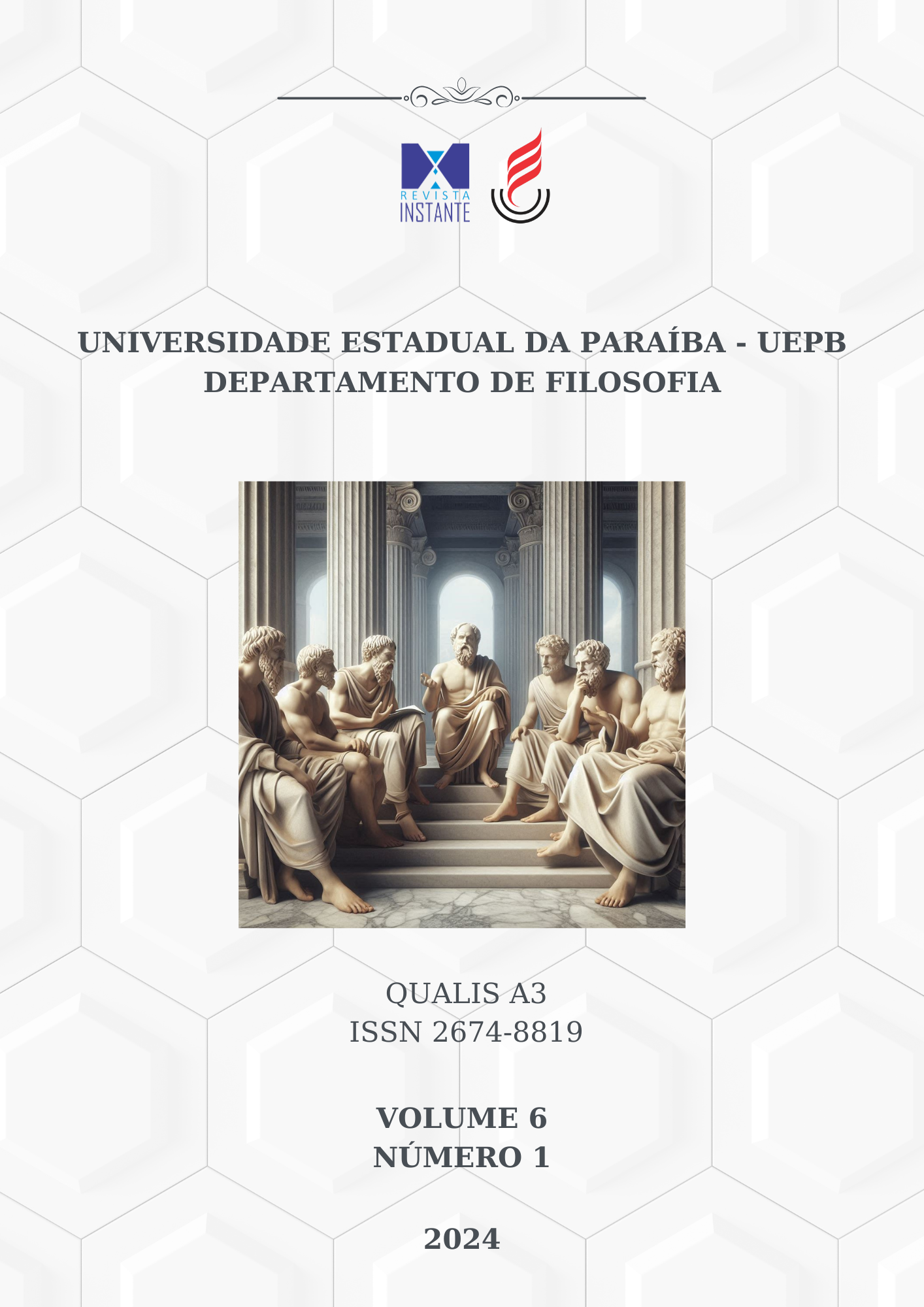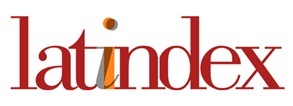BIOETHICS AND BIOETHICS COMMITTEES IN TIMES OF INFOCRACY
O PAPEL DOS COMITÊS DE BIOÉTICA EM TEMPOS DE INFOCRACIA
Keywords:
Bioethics, Bioethics Committee, Political participation, DemocracyAbstract
The digital transformations of contemporary society make us reflect on the social control that “big techs”, Silicon Valley companies, are acquiring when it comes to obtaining information and data from users when using digital media. The information society is characterized by social relationships connected and shared in virtual environments; however, the “big tech” algorithm controls and monitors the structure of digital interactions. According to Byung-Chul Han, this period can be called “infocracy” and represents the dominance of digital media over knowledge formation and communicative interaction. Infocracy puts democratic institutions and the possibility of communication with a telos of understanding at risk because the “viral” way of disseminating information is not necessarily guided by the criterion of truth and knowledge of the Other. Faced with this context of risk for the exercise of democratic politics and communicative misunderstanding, we want to reflect on bioethical references on a new possibility of reinventing democratic participation and communicative interaction in virtual environments. The Universal Declaration on Bioethics and Human Rights raises the need to promote multidisciplinary and pluralistic dialogue to resolve ethical conflicts. Therefore, the Declaration encourages Bioethics Committees to develop activities that promote public debate and a more informed decision on sociopolitical issues.
References
CALLAHAN, Daniel. A bioética como disciplina. Thaumazein: Revista Online de Filosofia, v. 10, n. 19, 2017, p. 99-108.
CARVALHO, A. C. P. de L. F. de. Inteligência Artificial: riscos, benefícios e uso responsável. Estudos Avançados, v. 35, n. 101, p. 21–36, jan. 2021. Disponível em: <https://doi.org/10.1590/s0103-4014.2021.35101.003>.
COECKELBERGH, Mark. Ética na inteligência artificial. São Paulo: Ubu editora, 2023.
CORTINA, Adela. Ética cosmopolita: Una apuesta por la cordura en tiempos de pandemia. Madrid: Paidós, 2021.
FRANCISCONI, Carlos Fernando; GOLDIM, José Roberto; LOPES, Maria Helena Itaqui. O papel dos Comitês de Bioética na humanização da assistência à saúde. Revista Bioética, v. 10, n. 2, 2002, p. 147-157. Disponível em: < https://revistabioetica.cfm.org.br/index.php/revista_bioetica/article/view/219/220>.
GALINDO, Gilberto Cely. Reflexões sobre estética, ética e bioética. In: ZANELLA, Diego Carlos; SGANZERLA, Anor. A Bioética de V. R. Potter: 50 anos depois. Curitiba: PUCPRESS, 2020, p. 108-134.
GRACIA, Diego. The many faces of autonomy. Theor Med Bioeth, n. 33, 2012, p. 57–64. Disponível em: <https://doi.org/10.1007/s11017-012-9208-2>.
GRACIA, Diego. La deliberación como método de la ética. In: PATRÃO NEVES, Maria do Céu. Ética: dos fundamentos às práticas. Lisboa: Edições 70, 2016, p. 145-163.
HABERMAS, Jürgen. Ein neuer Strukturwandel der Öffentlichkeit und die deliberative Politik. Berlin: Suhrkamp Verlag, 2022.
HAN, Byung-Chul. Infocracia: Digitalização e a crise da democracia. Editora Vozes, 2022.
HAN, Byung-Chul. No enxame: perspectivas do digital. Editora Vozes Limitada, 2018.
HOSSNE, William Saad. Bioética: ponte para a liberdade. Bioethikos, v. 1, n. 1, 2007, p. 99-104. Disponível em: <https://saocamilo-sp.br/assets/artigo/bioethikos/54/Bioetica_ponte_para.pdf>.
LEVITSKY, Steven; ZIBLATT, Daniel. Como as democracias morrem. Editora Schwarcz-Companhia das Letras, 2018.
MORI, Maurizio. A bioética: sua natureza e história. Humanidades, v. 9, n. 4, 1994, p. 332-341. Disponível em: <https://www.researchgate.net/profile/Maurizio-Mori/publication/267955866_A_BIOETICASUA_NATUREZA_E_HISTORIA/links/5773b26208aeb9427e23eae0/A-BIOETICASUA-NATUREZA-E-HISTORIA.pdf>.
MOROZOV, Evgeny. Big tech: a ascensão dos dados e a morte da política. São Paulo: Ubu Editora, 2018.
O'NEILL, Onora. Autonomy and trust in bioethics. Cambridge: Cambridge University Press, 2002.
POTTER, Van Rensselaer. Bioética Global: Construindo a partir do legado de Leopold. São Paulo: Edições Loyola, 2018.
POTTER, Van Rensselaer. Bioética: Ponte para o futuro. São Paulo: Loyola, 2016.
RUNCIMAN, David. Como a democracia chega ao fim. São Paulo: Editora Todavia SA, 2018.
TAULLI, Tom. Introdução à Inteligência Artificial: uma abordagem não técnica. São Paulo: Novatec, 2020.
TEN HAVE, Henk A. M. J. A herança de Potter e seus dividendos contemporâneos In: ZANELLA, Diego Carlos; SGANZERLA, Anor. A Bioética de V. R. Potter: 50 anos depois. Curitiba: PUCPRESS, 2020, p. 61-71.
UNESCO. Declaração Universal sobre Bioética e Direitos humanos. 2005a. Disponível em: <https://unesdoc.unesco.org/ark:/48223/pf0000146180_por>.
UNESCO. Creación de comités de bioética. Paris: UNESCO, 2005b.
UNESCO. Programa de base de estudos sobre Bioética: Parte 1: Programa temático/Programa de educação em ética. 2015a. Disponível em: <https://unesdoc.unesco.org/ark:/48223/pf0000163613_por>.
UNESCO. Programa de base de estudos sobre Bioética: Parte 2: Materiais de estudo/Programa de educação em ética. 2015b. Disponível em: <https://unesdoc.unesco.org/ark:/48223/pf0000210933_por>.
UNESCO. Preliminary study on a possible standard-setting instrument on the ethics of artificial intelligence. 2019. Disponível em: <https://unesdoc.unesco.org/ark:/48223/pf0000369455>
WERTHEIN, Jorge. A sociedade da informação e seus desafios. Ciência da Informação, v. 29, n. 2, 2000, p. 71–77. Disponível em: <https://doi.org/10.1590/S0100-19652000000200009>.
WHITEHOUSE, Peter J. ZANELLA, Diego Carlos; SGANZERLA, Anor. A Bioética de V. R. Potter: 50 anos depois. Curitiba: PUCPRESS, 2020, p. 85-107.
ZANELLA, Diego Carlos; GUILHEM, Dirce Bellezi. História da bioética no Brasil. Curitiba: PUCPRess, 2023.
ZANELLA, Diego Carlos; SGANZERLA, Anor. A Bioética de V. R. Potter: 50 anos depois. Curitiba: PUCPRESS, 2020.
ZUBOFF, Shoshana. A era do capitalismo de vigilância. Rio de Janeiro: Editora Intrínseca, 2021.










